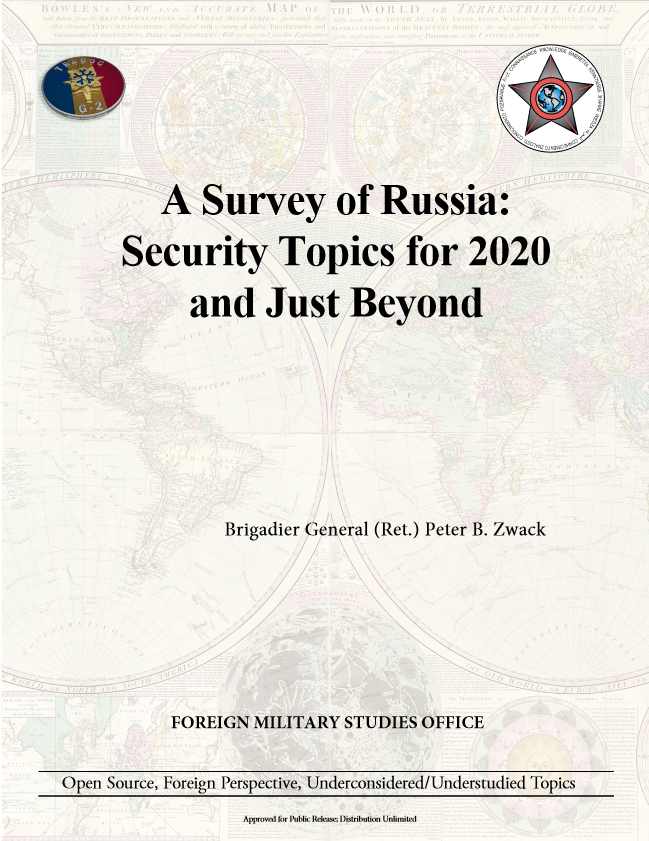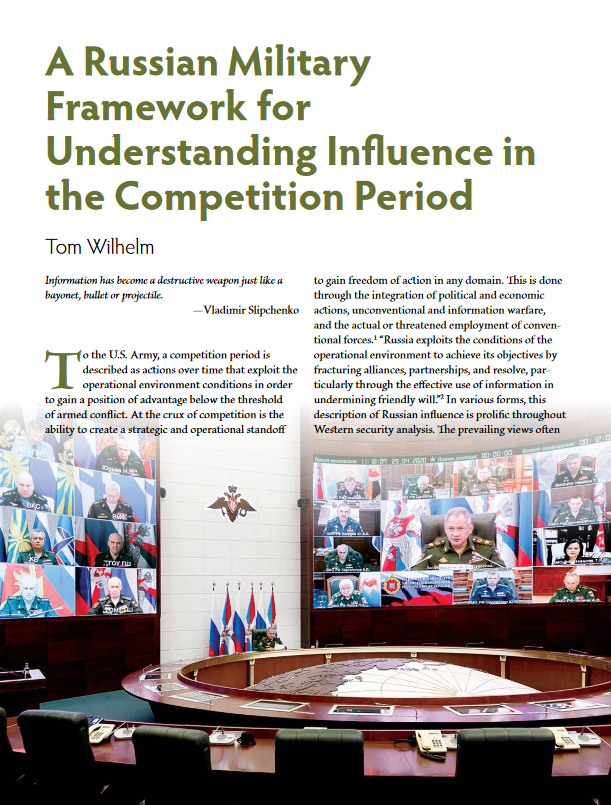(Click image to download brief.)
Although US security concerns have recently focused to a large degree on China, it is Russia that is the unpredictable wildcard. The country has stumbled in more ways than one during the past several months. In March 2020, it overplayed its hand in a game of oil supply-price brinksmanship with Saudi Arabia. The ruble is under inflation pressure. And the Kremlin’s initial fumbling of the coronavirus outbreak only added to its impact. In late May, Russian state press reported that Moscow could face a 7.5 percent drop in GDP following the pandemic.1 One of the most telling signs of pressure on the Kremlin was the decision—no doubt a reluctant one—to postpone the grand 75th anniversary events linked to VE-Day on 9 May and reschedule a more modest celebration for 24 June. During this tumultuous period, a Levada poll saw a slide in President Vladimir Putin’s popularity to 59 percent, a six-year low.


